|
Photo credit: SALT Alliance Food distribution in Nkomazi, Mpumalanga SALT Alliance Chairman Dr Lourens Schoeman today announced the good news that a second round of funding for food relief has been granted by Pharus Foundation, in partnership with Zuid-Afrika Mission and Verre Naasten.
"From the SALT community based membership side, a huge word of appreciation for the second round of assistance with food security. During the first round [of food relief delivery] we encountered huge need amongst the marginalised. The downgrading of our economy, the loss of temporary low-skilled work and the reality of increased child-run households makes the grassroot situation devastating." SALT Alliance members have identified at-risk families in the local communities that they work in. This generous donation will ensure that these families received nutritious food to tide them over for the next month. Food purchases will be made at local stores to stimulate local businesses and bring finance back into local communities hard hit under lockdown and business closures. SALT members will then distribute the food using their own teams, in partnership with local churches and community organisations. "One hundred percent of this food will reach those who need it most," says Kerry Feldman, SALT Secretariat officer. "We are so thankful for the compassion shown towards South Africa during a time of global upheaval." The stories of how food arrived at just the right time are still coming in from the last distributions which took place on the Cape West Coast, in Khayelitsha (Cape Town), on the east coast to families in Port Elizabeth, within communities surrounding Ladysmith in KZN, in KwaMhlanga north of Pretoria and in the Nkomazi district which borders Mozambique and Swaziland. SALT members stand ready to deliver more than food - they deliver hope and the message that even the most distant communities are not forgotten or forsaken. Check in for more stories soon!
1 Comment
eThembeni is based in Ladysmith, KwaZulu-Natal. This is their story. Describe your process for putting together food parcels (who did you buy from, transport challenges, any awesome stories of provision). We started looking for a reasonable price through local wholesalers. A local wholesaler was willing to journey with us as they have also tried before to reach out to the community and give back. The owner offered to transport the food parcels to different locations for free, but we needed to then gather beneficiaries in those locations to do the distribution. They gave us a very good food parcel that consisted of 10 kg Mealie meal, 10 kg Rice, 10 kg Cake Flour, 5 kg Sugar beans, 5 kg Sugar, 500g Soup, 6x125 g tinned fish and a Zulu/English Bible. The total amount of these items were R545.00, over spent with R45 on the given budget but we have worked out a plan of how to make it out. Food distribution took longer to implement than planned due to having to wait for food transport to deliver, the vast distances covered and the rural areas that villages and schools are located in. Where villages were too remote, personal vehicles with off-road capability had to be used to transport food. Who did you distribute parcels to? eThembeni’s recipient list for food parcels included families of children reached through Transformers programme, women participating in the Women Empowerment programme and identified community members within 150km of Ladysmith. First food distributions started on Monday 24 August in kwaHlathi and eBusi, KwaZulu-Natal. Distributions continued up to mid-October in outlying areas. Learners from Ndalela High, Mhlanganyelwa High, Makhoyane High, Hydeswood Primary, Steadville High, Gqama Primary, ML Sultan Primary, Slindokuhle High, Bhande High, Slokoza High, Botchkloof High, Wasbank Primary, Dlabesuthu Combined School, Mqamathi High School, Mhlumba Primary School and Mahlahlamela Combined School received food parcels for their families. In Keate’s Drift, 60 families received food parcels. Some stared with disbelief as they realized the food was for them. Food parcels were also distributed to members of the women’s Self Help groups in Bergville, Rockdale, Rosboom, Ladysmith, Mhlumayo, Mkhumbane, Sahlumbe, Nazareth and Machunwinini. Another 20 food parcels were handed out to vulnerable families identified by the Statutory Office. How many food parcels did you distribute? We have delivered 570 parcels to date. The remaining 50 will be taken to outlying areas in the next week. Who helped you distribute the food parcels?
eThembeni relied on staff members, local churches, school leaders and partnering organisations to distribute the food through the community. Partner churches included Msinga Keats Rift Congregation, Weenen Congregation, Nhlalakahle Congregation, Ladysmith Congregation, Bergville Congregation, Estcourt Congregation and Itshe Legumbi Zion Church. ABOVE: THE FIRST FOOD DISTRIBUTIONS AT HLATHI & EBUSI How were the food parcels received by the beneficiaries (any stories of God-in-time, specific needs met etc.)? Nkazimulo Ngcobo reports on the food distribution at Keats Drift: Thank you so much to the eThembeni partnership who donated 60 food parcels to the families on deep rural at Msinga (Keats Drift). I was so excited that I began to distribute the food without any delay. Little did I know just how much this act of random kindness would mean to the 60 families. Many people cried, because they had nothing and nowhere to ask for food. Some stared with disbelief till they realised that the food was for them and their families. Little children danced and started singing. I was definitely NOT prepared for my own emotions when driving back to the house. There was a silence mixed with many flashbacks of our own lives which are not much different to what was experienced during the distribution process. It reminded me of that part in the movie called “In the line of duty” where the police officer, harshly and openly judged by a young internet journalist, told the journalist that she will never fully understand what it means to be a police officer trying to stay alive, until she walked a mile in his shoes. I can safely say that you have walked more than a mile in the shoes of poverty. A journey that I know so well ourselves. Every time I deliver a food parcel to a family and go through the experiences described above, I come back to my house not feeling like heroes, but with a heart filled with gratitude that we could be an instrument/tools in God’s hands at a time like this. Thankful that our own poverty and daily needs did not make us blind to the needs of others. When we say thank you we say it from hearts of people who know generational cycles of poverty, who struggle daily but are so grateful to have this generous donation to help feed families and also feed our own souls with hope and word of God that motivate to keep going. Thank you so much for organising this and also to everyone else involved in making this donation possible. Please know that 80 families or 487 vulnerable children, women, disabled and elderly people in Msinga area at Keats Drift are eating. Thank you so much! Any other food parcel stories, learnings or personal comments you want to share? The wholesaler was amazed how eThembeni was caring for the communities and felt that his business should also give back to local communities “Umuntu ngumuntu ngabantu” (“a man is for a man”) Sihle Madonsela commented: “There is nothing painful than to see an old lady cry because she will not worry for a while about the next meal. The schools gave their thanks to the project that they have been working together with in making sure that the young and future leaders are being taken care of and with the kind heart from the sponsors of this project may the Lord continue to bless them and pour this wisdom of giving to the generation ahead of them. From my experience is that gone are those times where people will be there for each other or that a neighbour will always help one another. All that is in the past in our communities. But thanks to our sponsors who reminded us of this good culture that we all need each other and together we can do more.” The Transformers Msinga team leader says:
From Vryheid Christelike Maatskaplike Dienste, a partner organization assisting eThembeni with food distribution: “Mfundisi. I really felt so humbled and blessed by the fact that I can at least be able to get food for my family. We delivered one food parcel today. On our arrival the mother was on the neighborhood to borrow a five litre maize meal hoping, not knowing as to how long it will last her. When we arrived she and her husband and children just burst on tears and praised God who never abandon them. It was so touching.” Mama Makhaya, Self Help Group coordinator, says: It’s a good feeling knowing that some communities or families are going to have something on the table for the next couple of days until they are in good state to stand again because the effect of COVID 19 has killed more functioning routines in our daily lives. I would like to thank the organisation and the partners who gave us the opportunity to be part of giving out help to families when they desperately need it, thank you to the sponsors.” Community member in the Self Help Groups: “The situation at home is very bad as I have been having my own business that is not going well at this stage because of the Lockdown so we have to depend only on the social grant which was not enough to keep us for the whole month. But we give thanks to CMD as an organisation that have thought of us at this difficult time and the people behind the organisation who have been thinking of the community in need.” Netherlands-based donors Pharus Foundation, Zuid-Afrika Mission and Verre Naasten donated food parcels for 2269 food-insecure families in South Africa in September 2020. Most of the families identified lived in rural areas where there was little or no access to the South African government's food relief grant during the pandemic.
We'll be exploring how different SALT members tackled this project in their areas on our blog over tne next few days. Jabulile, the Manaleni Centre Manager, reports:
1. Describe your process for putting together food parcels … I started by doing quotation from two different wholesale shops, namely Spar and Makro. Spar is a local in our mall, but Makro is kilometer from my home town. It took some days to get respond for quotation but Makro responded fast and praise God, we got a good quotation and they did not charge us the transport to deliver which was great news. 2. Who did you distribute parcels to? MAC beneficiaries and support group beneficiaries: we have 40 beneficiaries’ families that are registered at MAC, in previous years we have 15 families we used to help with food parcels. But due to limited of funds or more of needs in our community we had to stop giving those families the food parcels. But we praise God due the funding we got we have managed to give out 55 food parcels to the families that are always in MAC programmes for vulnerable and orphaned children. We added 15 families that was part of the support group - most of them are on ARV. Praise God all the people who have received food parcels are in my area (Manaleni) and were able to walk to the centre to collect their food. 3. How many food parcels did you distribute? 55 food parcels. 4. Who helped you distribute the food parcels (your team, churches, other organisations)? My staff team and my children helped to pack parcels. We were seven in total: myself, two cooks at the centre, one teacher, one of the home based team and my son and daughter. They were so excited to be the part of helping with the distributing of food parcels. 5. How were the food parcels received by the beneficiaries (any stories of God-in-time, specific needs met etc.)? Jabulile reports: “Our beneficiaries were SO EXCITED to receive those food parcels as we know we are in a big crisis in our country and in our community, due to COVID-19, the situation is worse than before. The greatest happiness from our beneficiaries was seeing the food and the big quantity that will last them. My community people they were excited in a way I can’t explain. They have not stopped to appreciate. Even now when they see me, they will say “please pass our thanks to all the people who have given funds to help us”. Other people were crying tears of joy and telling me how food is VERY expensive these days and that “this food you gave us is a lot - we really appreciate it”. “There was a lady named Marriam on the day of food parcels who was walking around to all the people saying “who in this earth can buy a grocery for a person that they have never met? It is God’s love that we see here. May the good Lord bless those loving and caring people and their families.” 6. Any other food parcel stories, learnings or personal comments you want to share? Our beneficiaries were so EXCITED for the food parcels they can’t close their mouth! I also pass my words of gratitude to say thank you in adding on beneficiaries’ thanks. May the God bless you all for the love and care you have done for my community. SALT Alliance is delighted and grateful to announce that through Zuid-Afrika Mission and Verre Naasten SALT has received funding from the Pharus Foundation for food relief in South Africa!
SALT members identified 2269 food-insecure families in June/July in their local communities and applied to Verre Naasten and Zuid-Afrika Mission for assistance in sourcing food aid. The strict COVID South African lockdown response meant that families suddenly faced job losses and retrenchments. Many South Africans rely on informal traders to purchase their food or are informal traders themselves. Food prices in South Africa rose exponentially, schools were closed for 5 months (effectively denying access to school feeding programmes many families relied on) and the economy took a major hit with hotels, restaurants, tourism and events banned. Verre Naasten and Zuid-Afrika Mission are long term partners of many of our SALT members and are intimately acquainted with the communities we work in through their ongoing grassroots support in treating the HIV and AIDS pandemic, as well as TB. The Pharus Foundation generously donated food parcels to be distributed through SALT members in August/September. - eThembeni will distribute 620 food parcels to mostly rural families in KwaZulu-Natal - Mfesane will distribute 649 food parcels on the Cape West Coast, in Khayelitsha (Cape Town) and in Port Elizabeth's outlying areas - Nakekela will distribute 168 food parcels to their support groups, families of patients and identified families in the kwaMhlanga Municipality - Thembalethu Centre has identified 142 families who are struggling with food security, also in kwaMhlanga - Manaleni Achievement Centre works with school age children and will distribute food parcels to 40 families - Thembalethu Nkomazi works in the north-eastern part of South Africa and will distribute 650 parcels across the Nkomazi region which borders Swaziland, Mozambique and the Kruger National Park With funds arriving in the SALT bank account last week on Friday, the first food parcels have already been delivered to households in the villages of eBusi and kwaHlathi in KwaZulu-Natal by SALT Alliance member eThembeni who teamed up with URCSA Msinga to deliver this food relief. With all our hearts - a huge THANK YOU to Pharus Foundation, Zuid-Afrika Mission and Verre Naasten from our SALT members! Giving a hand up with Stichting Pharus and Zuid-Afrika Mission and Verre Naasten #SALTAlliance #SALThandup Follow our FaceBook page for all the news. SALT Alliance closed the Secretariat offices at the end of March as we sourced funding and members responded to the COVID-19 pandemic in their individual capacities. With programmes diverted to aid relief for families who suddenly lost all income overnight due to a country-wide lockdown, our members were placed under huge pressure.
The SALT members worked closely with local government to assist with coronavirus awareness campaigns, education, contact tracing and also screening. As funding for some programmes was put on hold, many of the SALT members had to relook at the structure of their organisations and arrange retrenchment packages for some of their staff, seeking to find them other employment. At the same time, South African food prices have risen steeply, electricity services are experiencing rolling blackouts due to power station issues, and parts of the country are still struggling with drought. Despite challenges, all the SALT members are playing active roles in serving their local communities and, at the same time, bringing a message of comfort and hope. To find out more about each organisation, please visit their Facebook pages where their stories are being shared. https://www.facebook.com/thembalethunkomazi/ https://www.facebook.com/eThembeni.kzn/ https://www.facebook.com/Nakekela-Christian-Community-Centre-Association-224672137590721/ https://www.facebook.com/Thembalethu-Center-201589126590639/ https://www.facebook.com/mfesaneza https://www.facebook.com/TWRAfrica/ Our 2019 Annual Report is now available!
Click here to read what we achieved last year. SALT held its annual imbizo/training time for change agents in KwaZulu-Natal this year. Delegates from all over South Africa came together for four days of intensive training at host member eThembeni, located in Ladysmith, KZN.
The focus of this training time was to equip change agents with training in the Dignity for Girls and Dare for Boys material which can be used as one day workshops or as an 8-week intervention in churches, schools and youth groups. Feedback from the training and some interviews with attendees can be found on SALT's Facebook page. https://www.facebook.com/SaltAlliance/videos/ Our 2019 Annual Report is now available! Click here to read what we achieved last year.
Thembalethu Nkomazi reports that the South African Department of Education's insistence that all children must be in possession of valid Identity Documents (ID) in order to continue with education is having catastrophic effects in the region of Nkomazi, located in eastern Mpumlanga and bordering Swaziland.
Thousands of children currently living in this part of South Africa do not have birth certificates or IDs. Historically, Nkomazi has been a refuge for Mozambiquan and Swazi refugees. It has the highest HIV infection rate in the country, leaving many children orphaned. Unemployment is high. Only 17% of the population in Nkomazi has completed secondary school. As a matter of urgent and ongoing advocacy, Thembalethu Nkomazi explains how lack of documentation is contributing to stateless children. The negative impact on education and upliftment in Nkomazi is documented in their October 2015 report. Read their report here. |
SALT Alliance NewsStories from the field Archives
November 2020
Categories |
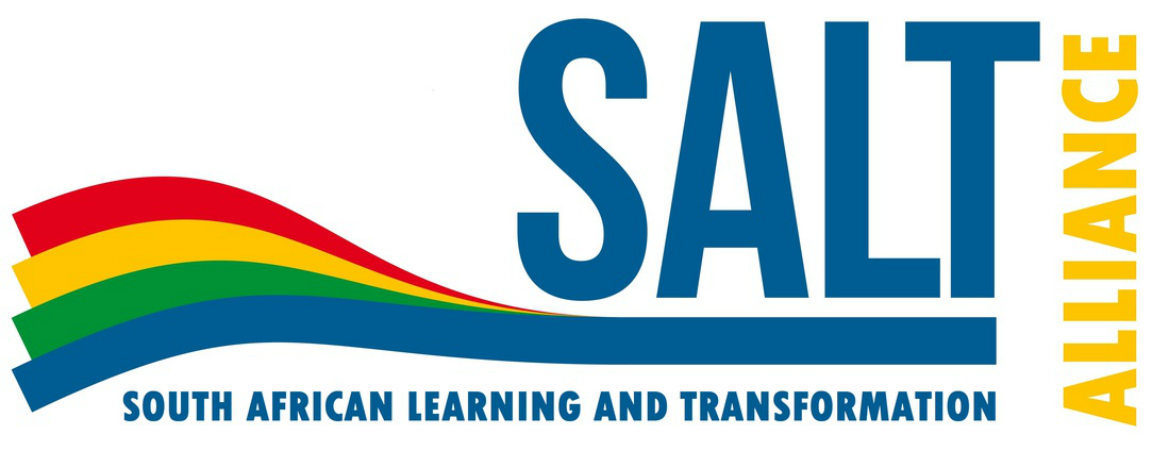
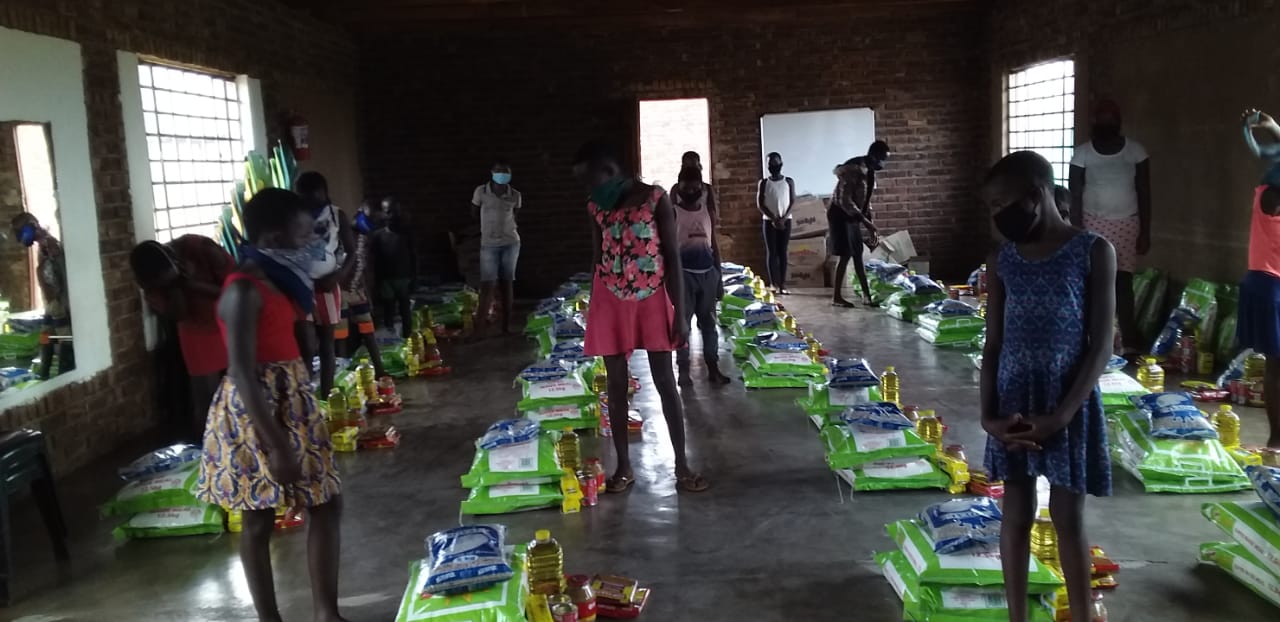
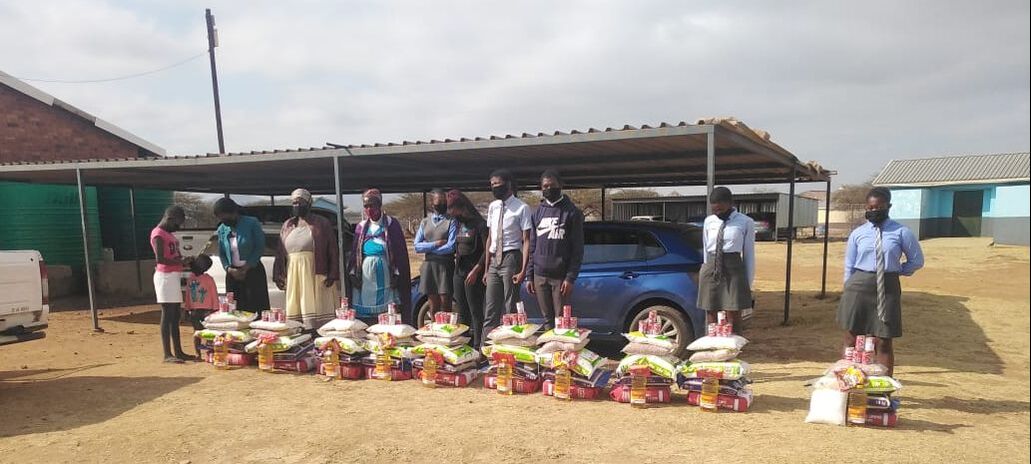
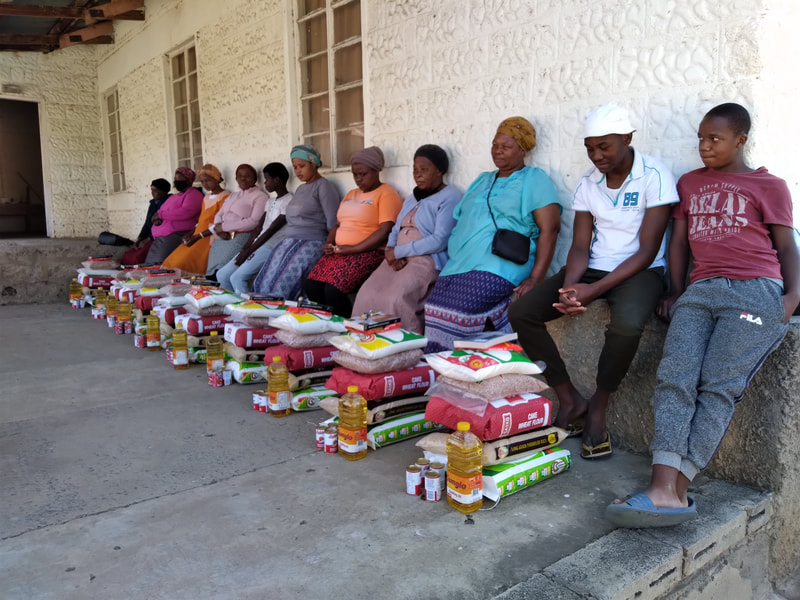
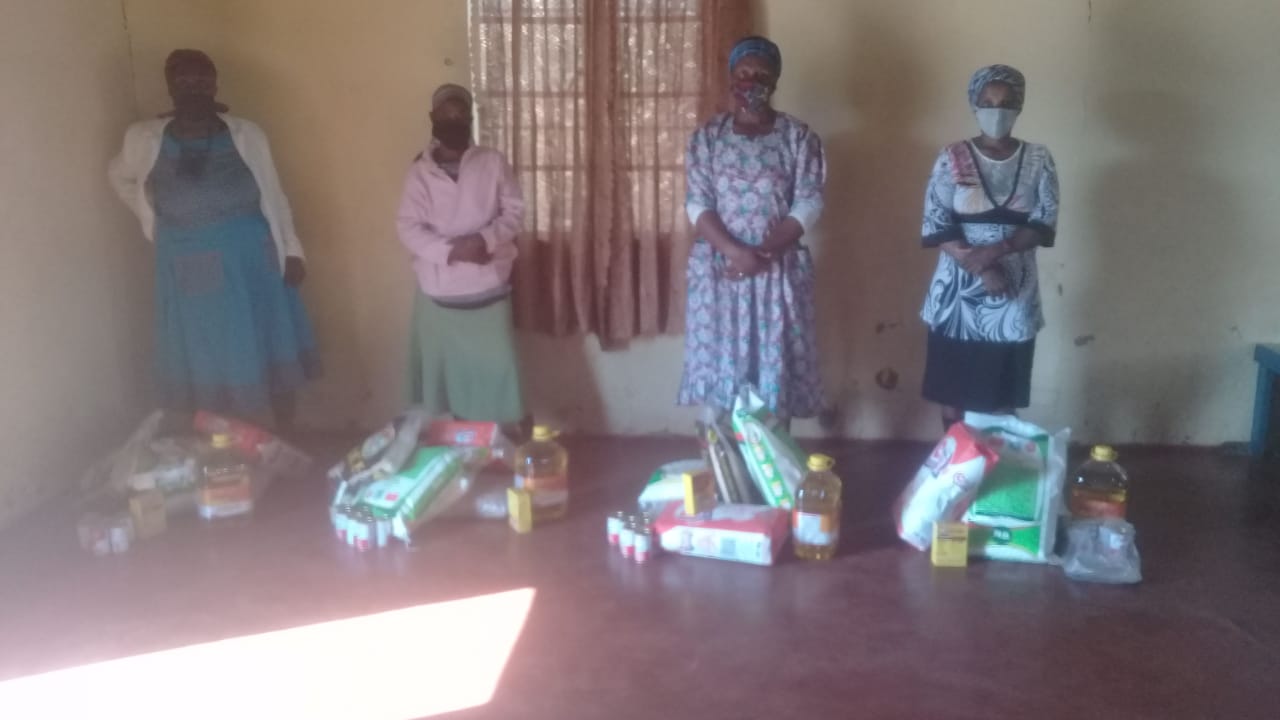
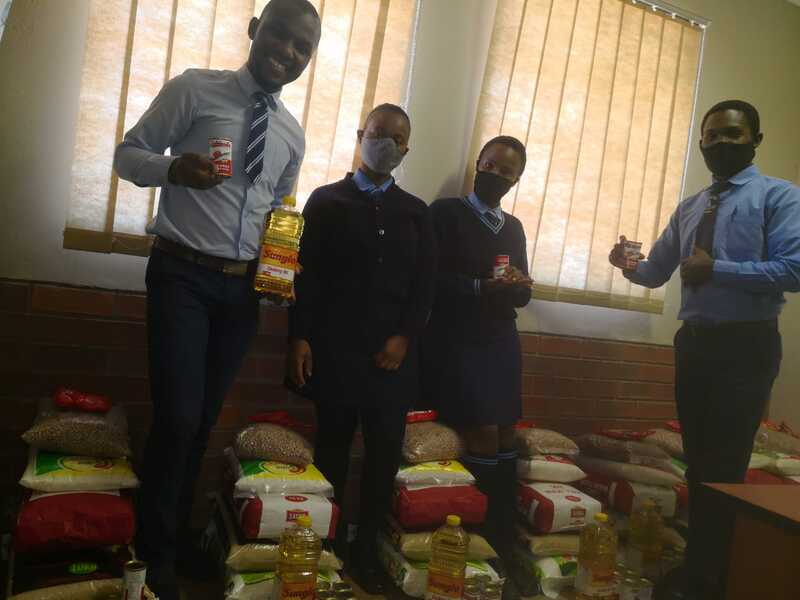
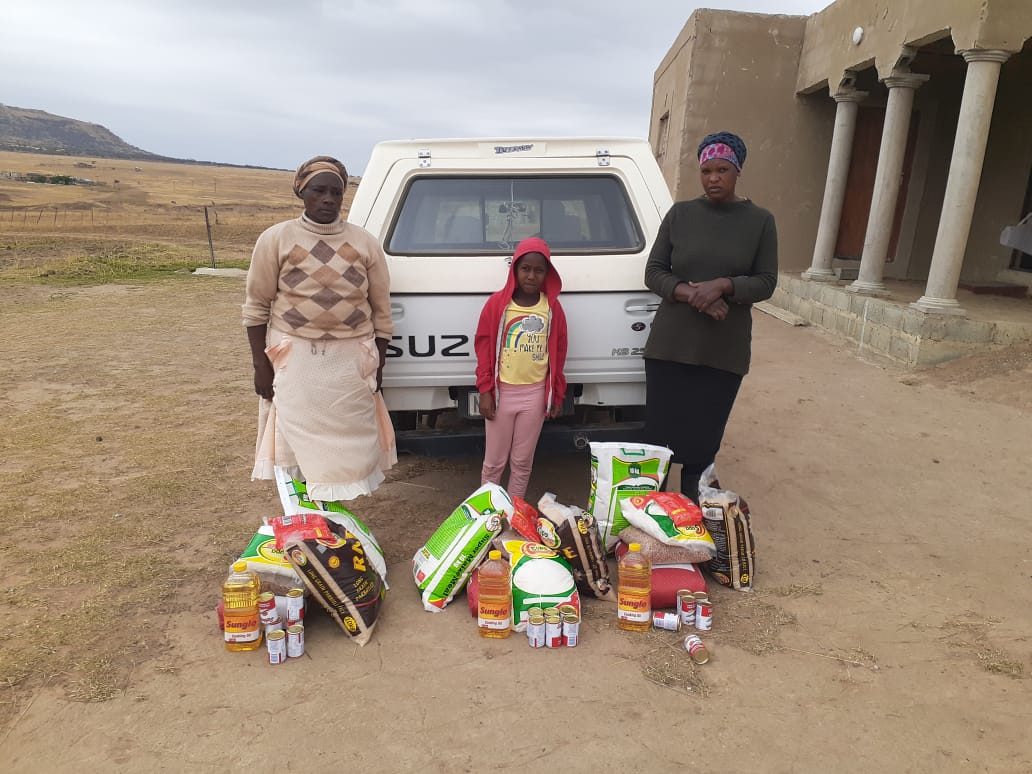
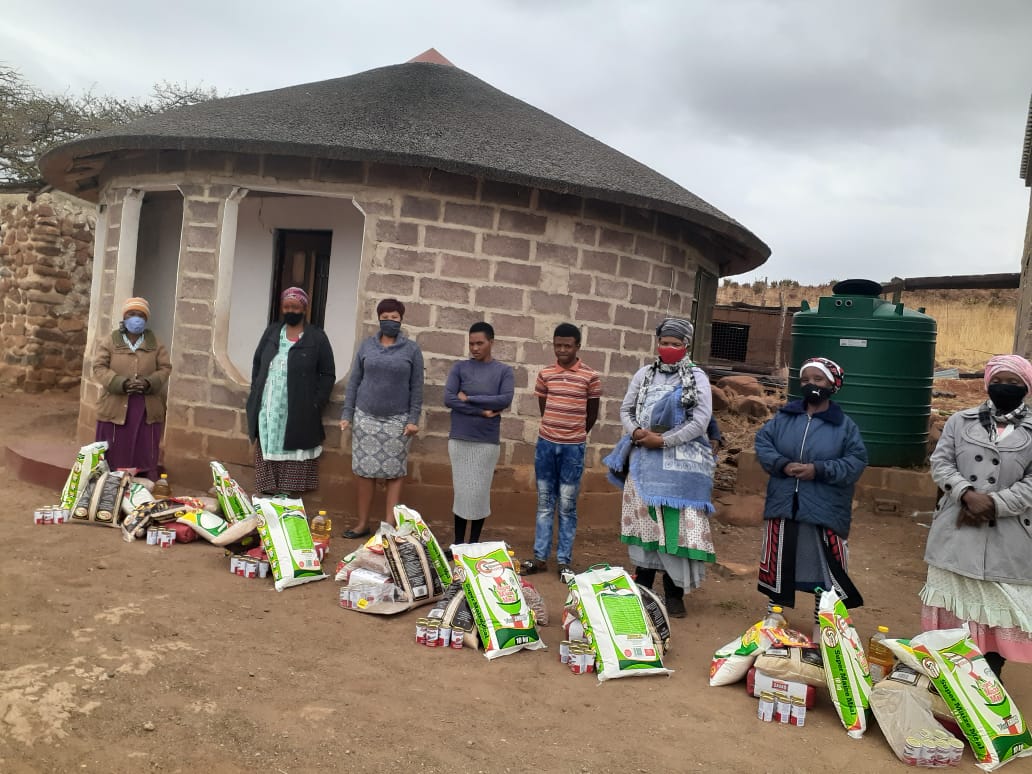
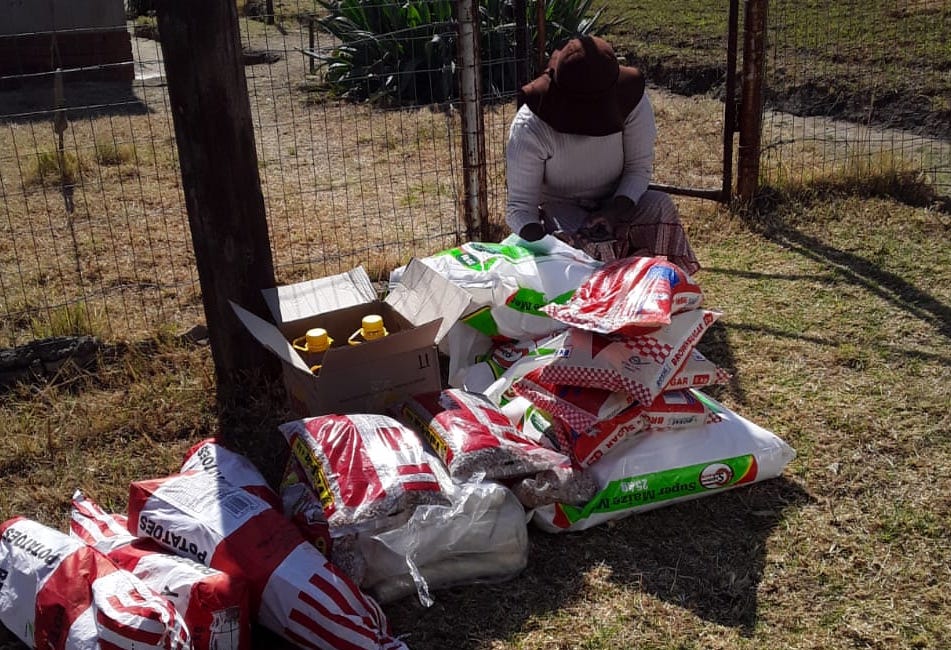
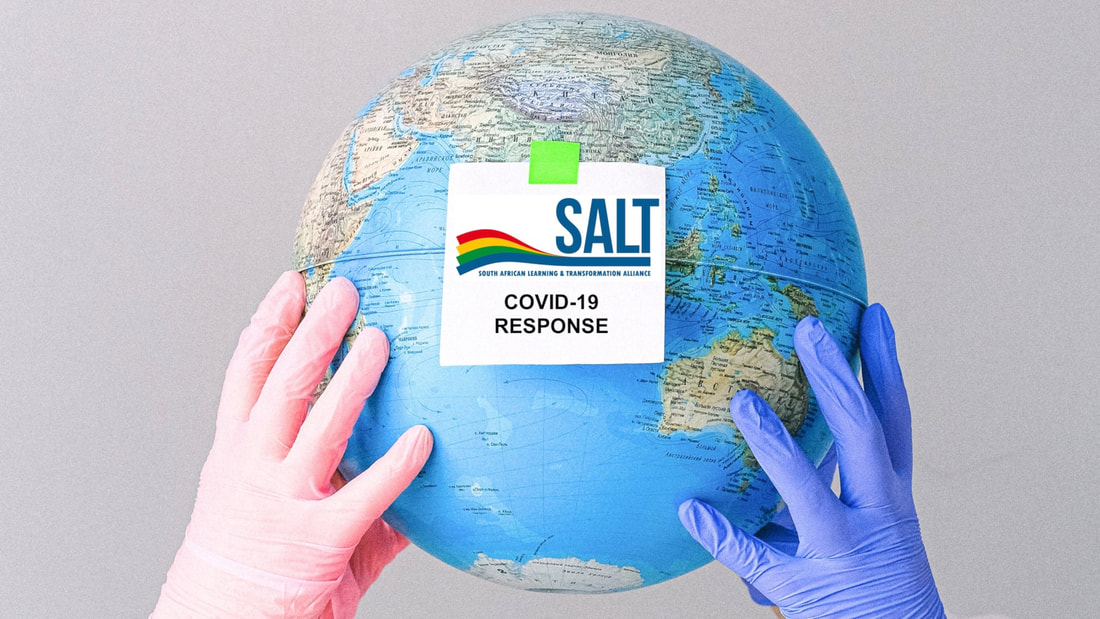
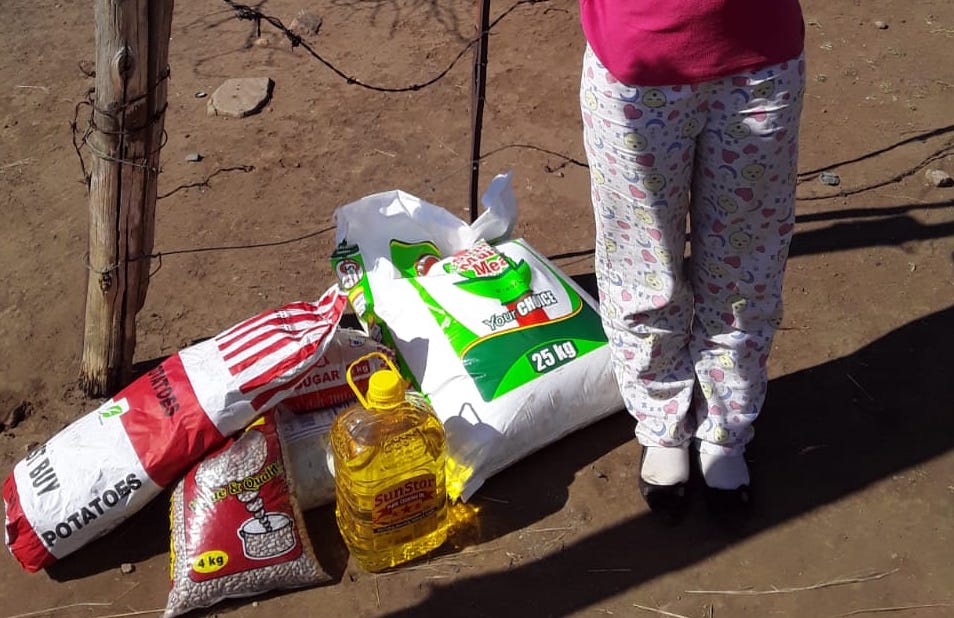
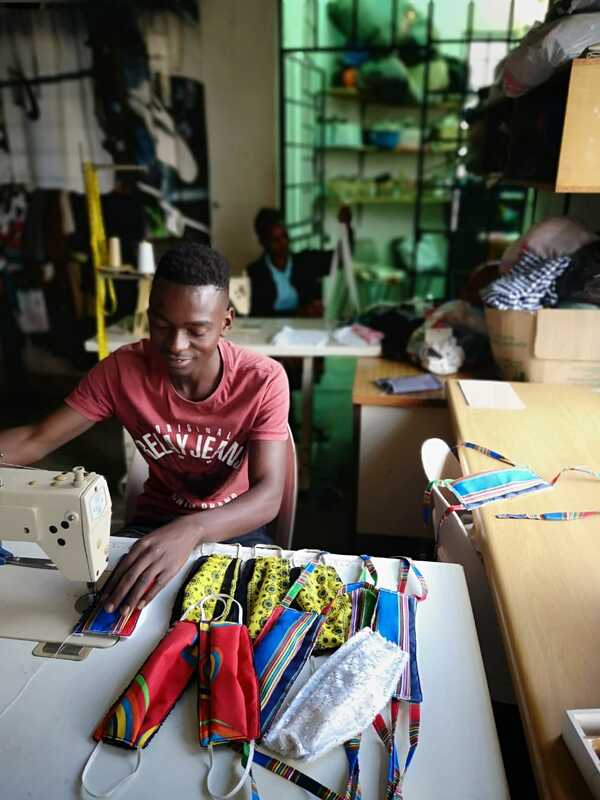
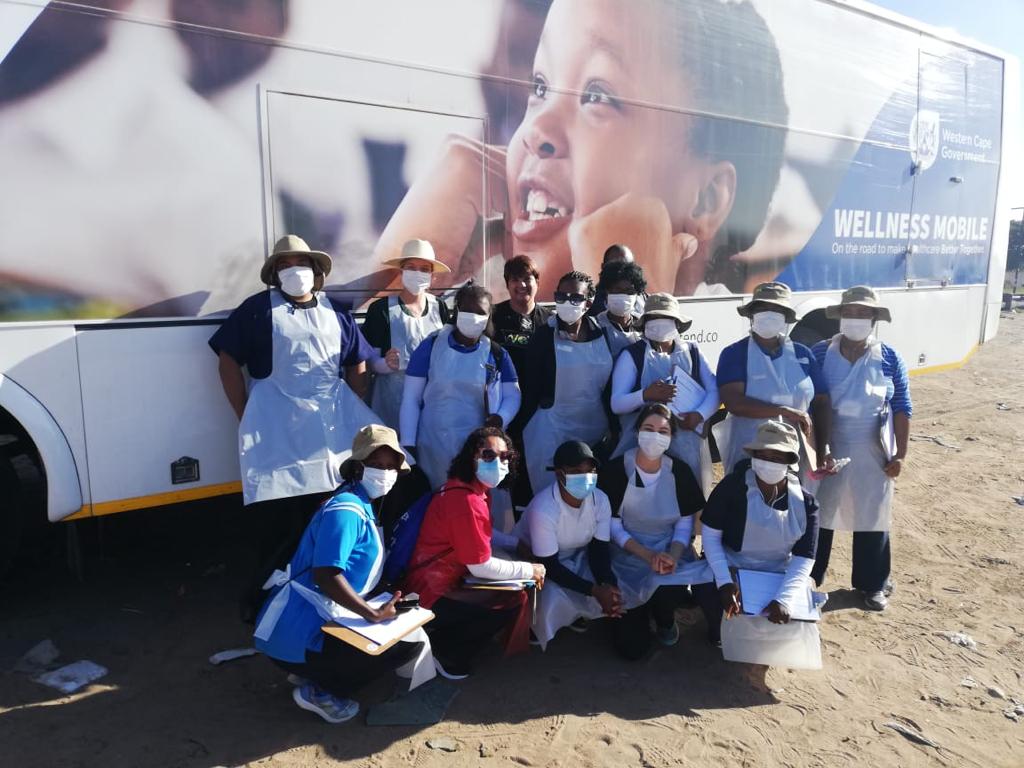
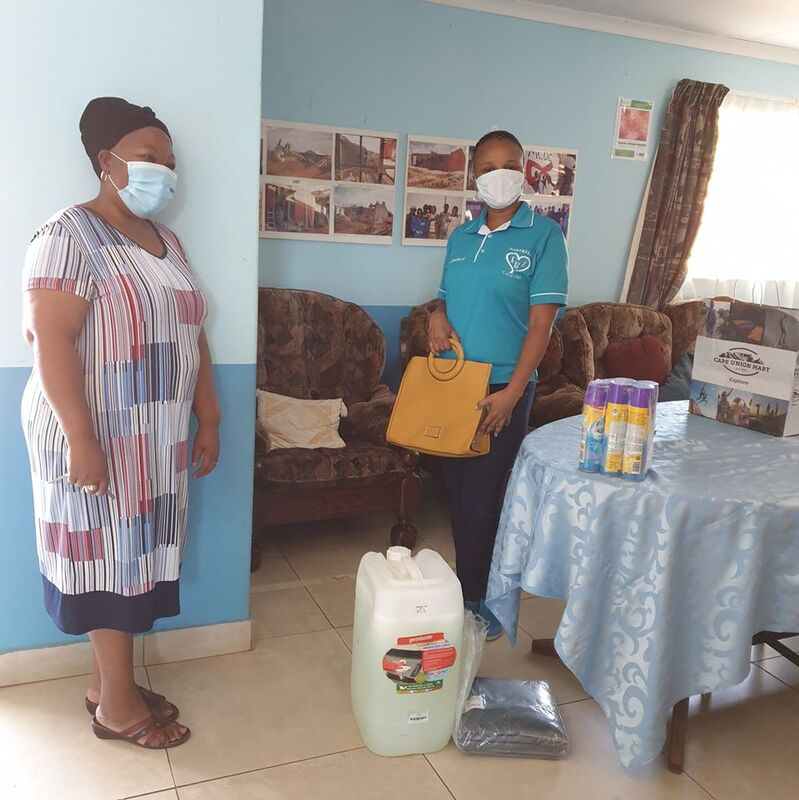
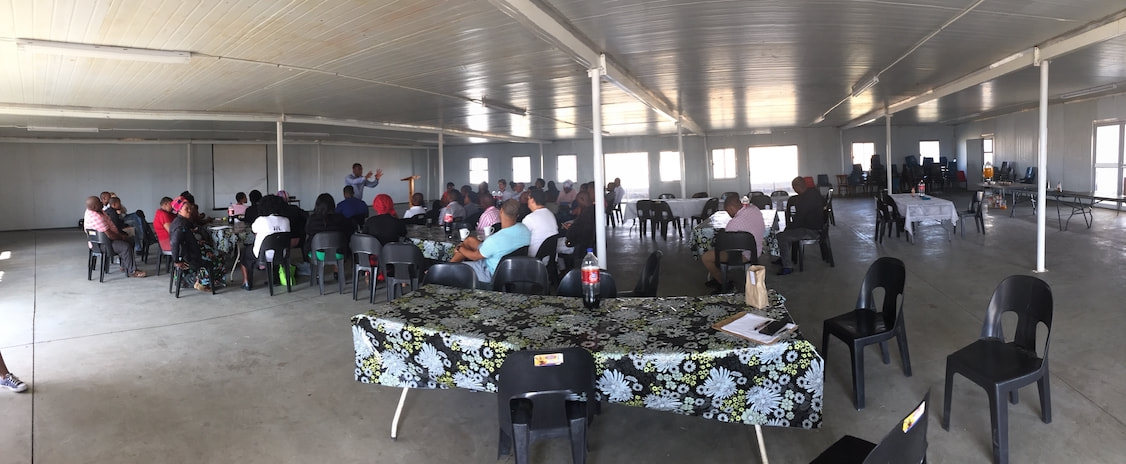
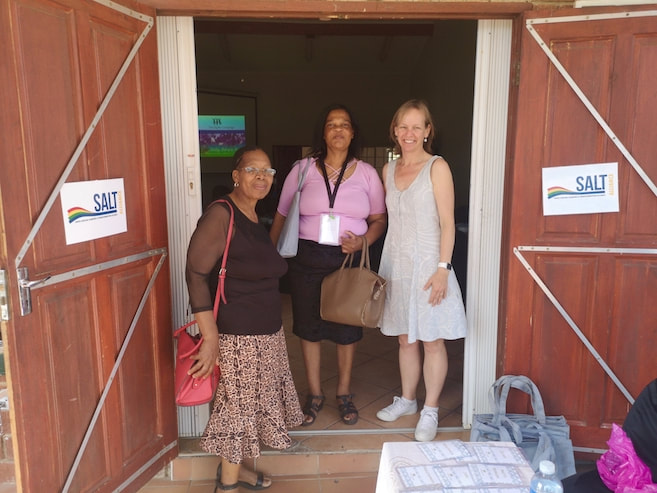
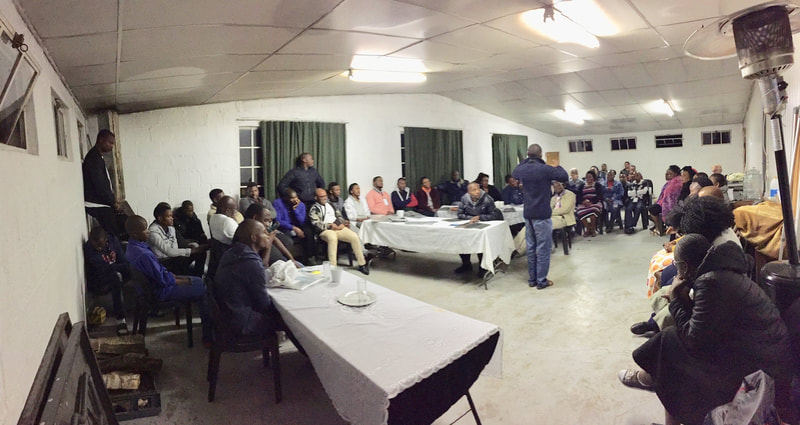
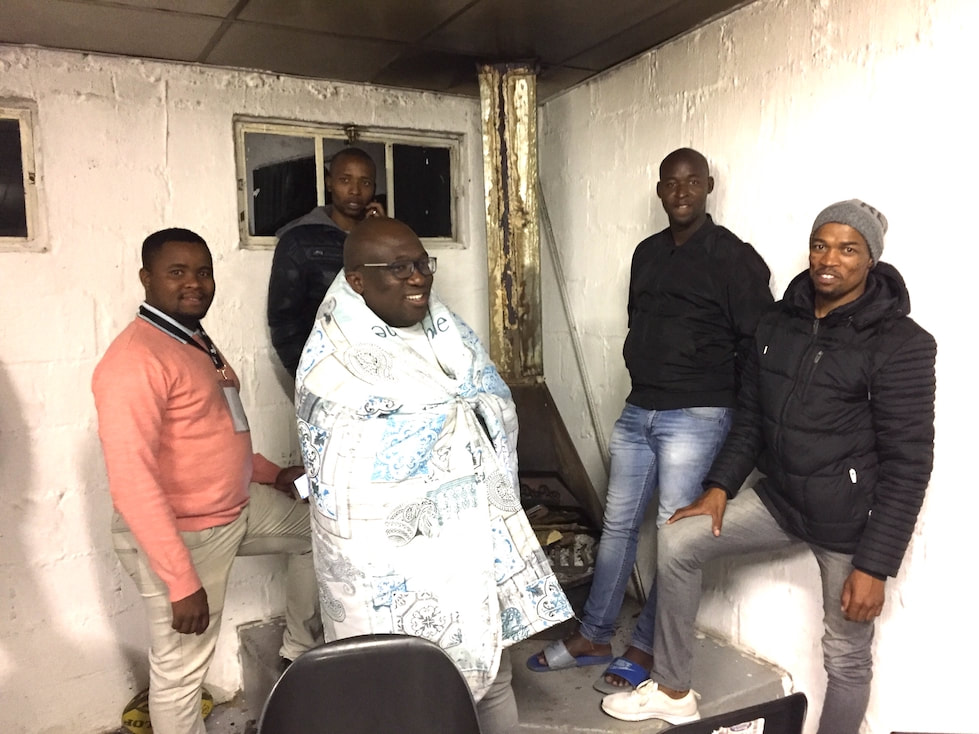
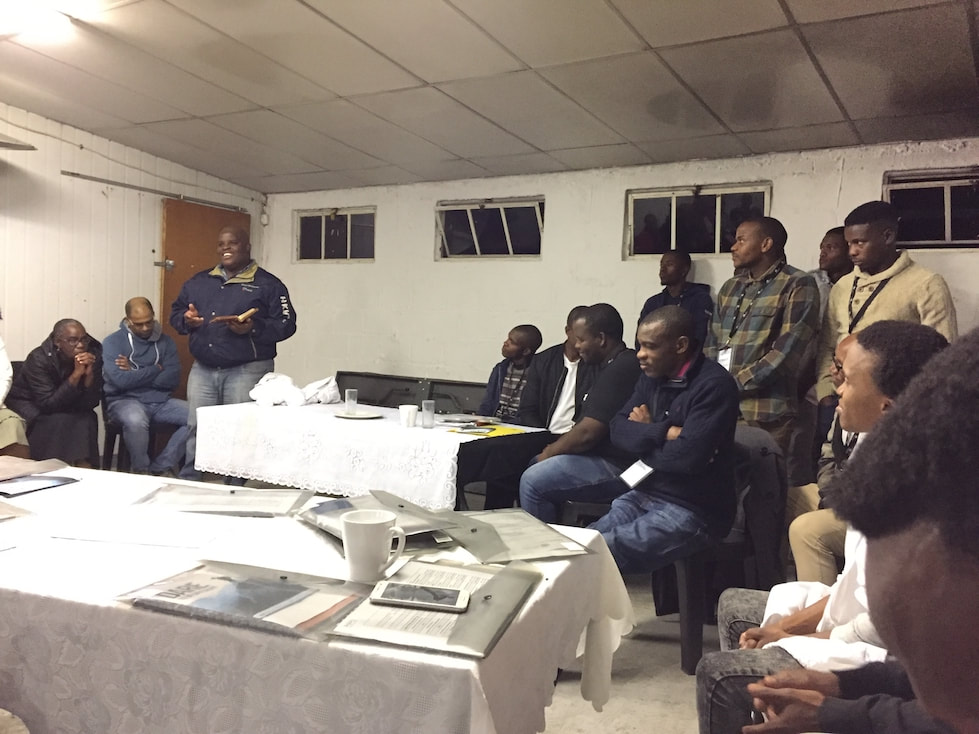
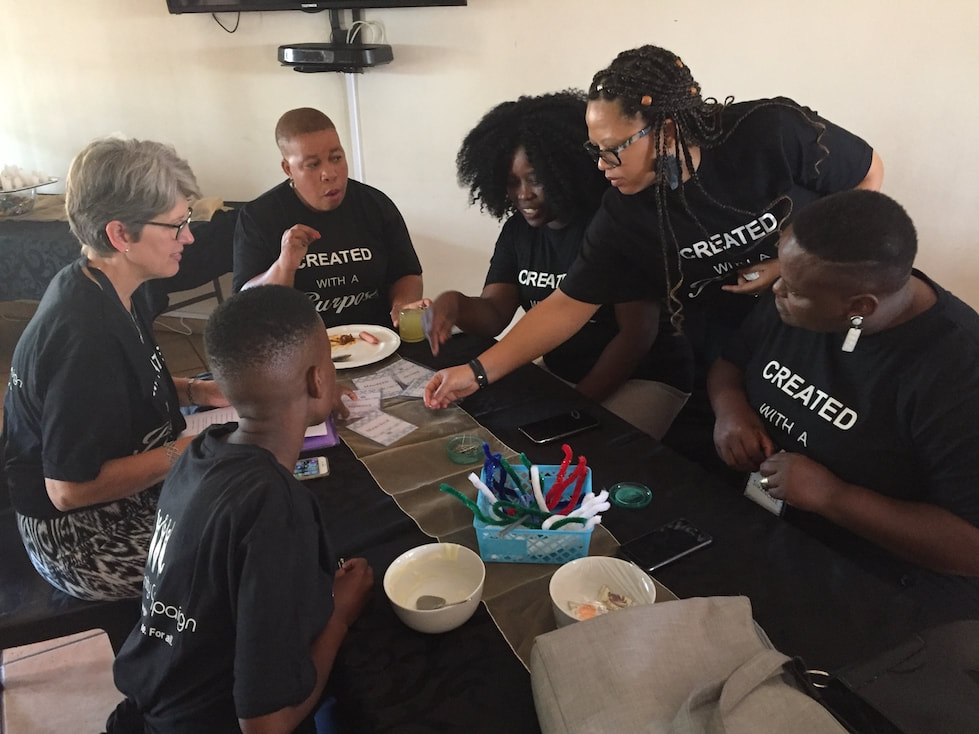
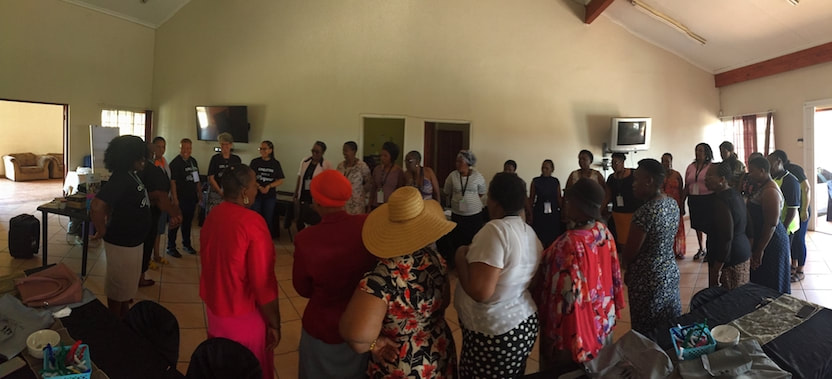
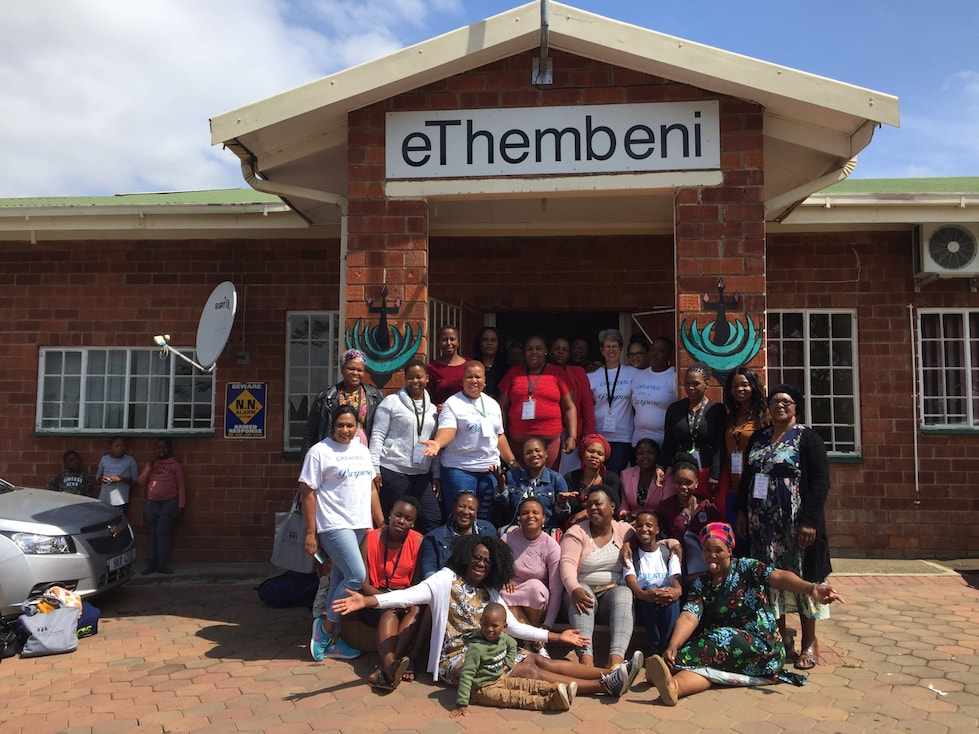
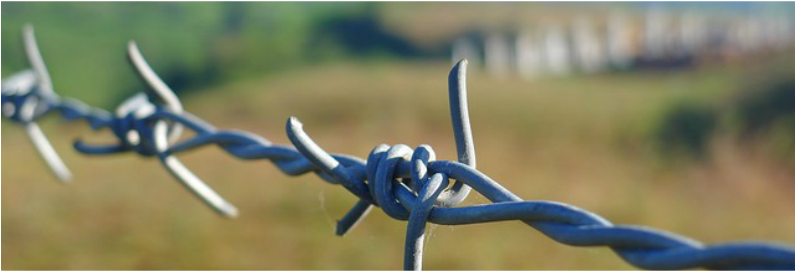
 RSS Feed
RSS Feed